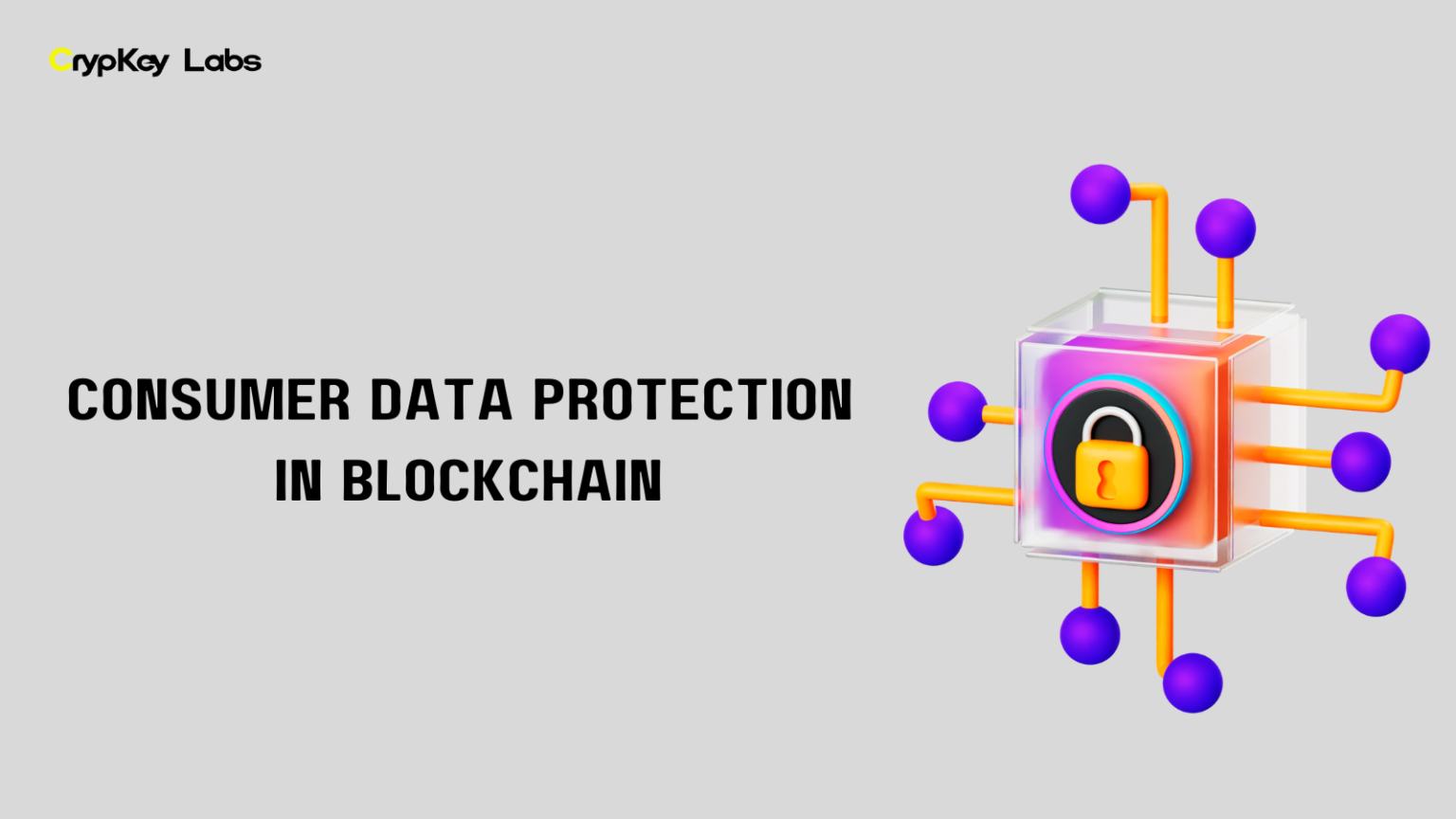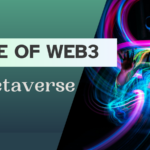In today’s digital age, protecting consumer data is more important than ever. With increasing incidents of data breaches and misuse, consumers are growing more concerned about how their personal information is being handled. Enter blockchain technology, a promising tool that could revolutionize the way we secure and manage data. But how exactly does blockchain protect consumer data? And is it the ultimate solution to data privacy concerns? Let’s dive into the role blockchain plays in safeguarding consumer information and what it means for the future of data protection.
How Blockchain Works in Data Protection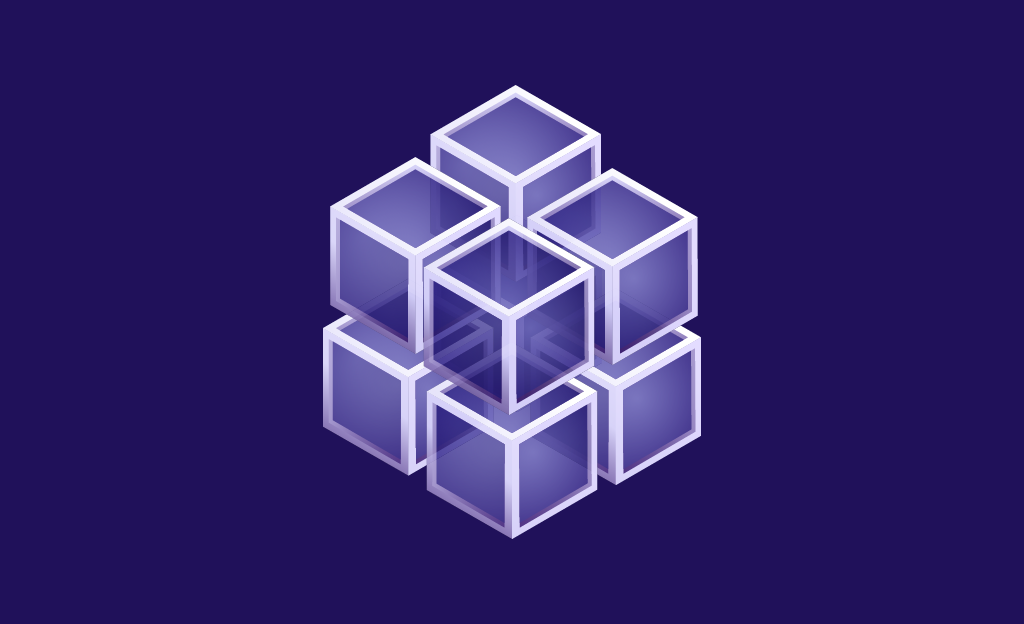
Before we get into the nitty-gritty of how blockchain can protect consumer data, let’s take a step back and understand how it works.
Blockchain is essentially a decentralized, distributed ledger technology. It stores data across multiple computers (nodes) in a network, and every change or transaction made on the blockchain is recorded in a way that is immutable and transparent. This means once data is entered, it can’t be altered or deleted, making it incredibly secure.
But why is this important for data protection?
Decentralization for Enhanced Security
Unlike traditional data storage, where your personal data might sit in a single database or server (which could be vulnerable to hacking or breaches), blockchain distributes the data across many nodes. Even if one node is compromised, the data remains secure across other nodes. In other words, there’s no central point of failure.
Encryption and Immutability
Another critical aspect of blockchain is encryption. Data stored on a blockchain is encrypted, adding an extra layer of security. Plus, blockchain’s immutability ensures that once data is added, it can’t be changed or tampered with. This ensures that consumer data is always protected from unauthorized alterations.
Key Benefits of Blockchain for Consumer Data
Blockchain brings several advantages when it comes to protecting consumer data, making it a more robust solution compared to traditional data protection methods. Let’s break it down.
Transparency
One of the most exciting features of blockchain is its transparency. While the data is encrypted and secure, users can still track how their data is being used. For instance, you could see exactly where your information is being accessed, by whom, and for what purpose. This level of visibility creates trust between consumers and organizations.
Data Ownership and Control
Right now, when you share your data with a company, it often feels like you’re handing it over entirely. Blockchain gives consumers back control. With blockchain, you can own your personal data, and only you can grant permission for others to access it. Want to revoke access? You can do that, too. It shifts power from corporations to individuals, which is a big deal in the fight for data privacy.
Decentralization: No More Single Points of Failure
In a traditional centralized system, if a server or database is hacked, all the data stored there could be compromised. Since blockchain is decentralized, it doesn’t rely on one server or entity to manage the data. Instead, it’s spread across a network of computers, making it much harder for hackers to breach the entire system. This decentralization helps protect consumer data from massive data breaches.
Immutability: Trustworthy and Unchangeable Data
Blockchain’s immutability means that once data is entered, it cannot be altered or deleted. This prevents tampering and ensures the integrity of the data. For consumers, this is a huge win. It means that no one can retroactively manipulate your data, providing peace of mind that your information remains exactly as you provided it.
Use Cases of Blockchain in Protecting Consumer Data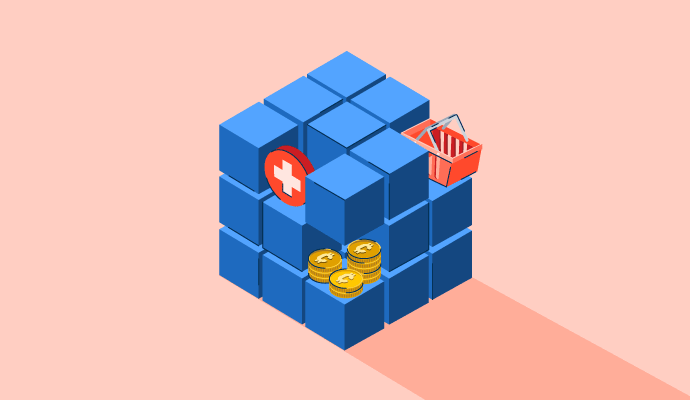
Blockchain isn’t just theory; it’s already being applied in various industries to protect consumer data. Let’s look at some of the key use cases where blockchain is making an impact.
Healthcare: Securing Medical Records
Medical data is highly sensitive, and any breaches could have serious consequences. Blockchain can help secure medical records by ensuring that only authorized parties can access them. Patients can have more control over who sees their medical data and how it is shared. This can also help prevent fraud and ensure that medical histories remain accurate and tamper-proof.
Finance: Protecting Financial Transactions
The financial sector is no stranger to data breaches, with millions of customers’ sensitive information exposed every year. Blockchain can protect this data by securely encrypting transaction details, and since all data is decentralized, it reduces the risk of large-scale breaches. Moreover, consumers can track how their data is being used in financial services, adding an extra layer of transparency.
E-commerce: Preventing Data Leaks
In the world of e-commerce, personal information such as addresses, credit card numbers, and browsing habits are often collected. Blockchain can prevent data leaks by securely storing and encrypting customer information. Blockchain can also give customers control over their data, allowing them to choose how much they want to share with e-commerce platforms.
Challenges and Limitations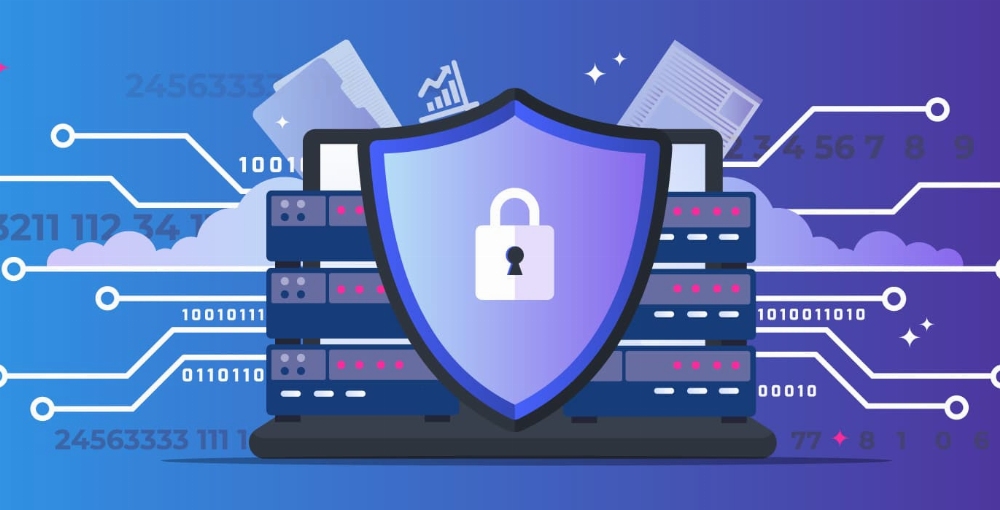
While blockchain holds great promise for protecting consumer data, it’s not without its challenges. Let’s explore some of the hurdles the technology needs to overcome.
Blockchain Adoption Hurdles
Blockchain is still a relatively new technology, and not all industries are prepared to adopt it yet. Implementing blockchain solutions can be costly and complex, especially for smaller businesses. Many organizations may not have the infrastructure or resources to integrate blockchain into their operations.
Scalability Issues
One of the key concerns with blockchain technology is scalability. As more transactions or pieces of data are added to the blockchain, it can slow down the network. This becomes a problem, especially in industries like finance or healthcare, where speed is crucial. Researchers and developers are working on solutions like sharding and layer-2 protocols to overcome this, but it’s still a work in progress.
Balancing Transparency with Privacy
Blockchain’s transparency can be both a blessing and a curse. While it allows consumers to see how their data is being used, there is also the potential for too much transparency. Sensitive information may be exposed if not properly encrypted or managed. It’s a delicate balance between giving consumers visibility and ensuring their privacy is still protected.
The Future of Blockchain in Data Privacy
As blockchain technology continues to evolve, its role in protecting consumer data will only become more prominent. Let’s explore the future of blockchain and data privacy.
Trends in Blockchain-Based Consumer Data Protection
We’re already seeing industries like healthcare, finance, and supply chain management embracing blockchain to protect consumer data. As more businesses recognize the importance of data privacy, blockchain adoption is expected to rise. In the future, we may see entire sectors shift to blockchain-based solutions, offering consumers unprecedented control over their data.
Privacy-First Solutions
More companies are likely to focus on privacy-first solutions using blockchain technology. These solutions will not only protect consumer data but also comply with stricter data protection regulations like GDPR and CCPA. This will make it easier for companies to ensure compliance while keeping their customers’ data safe.
Conclusion
In a world where data breaches are becoming all too common, blockchain offers a promising solution for protecting consumer data. With its decentralized nature, encryption, and immutability, blockchain gives consumers more control over their information while ensuring its security and transparency.
However, challenges like scalability, adoption, and balancing transparency with privacy must be addressed for blockchain to reach its full potential in the data privacy space. As the technology evolves, we can expect to see more innovative applications of blockchain in safeguarding consumer data, helping to create a future where consumers can trust that their information is in safe hands.
As consumers, it’s essential to stay informed about how our data is being used and to advocate for better privacy protection. Blockchain could be the key to ensuring that our personal information remains private, secure, and under our control.

